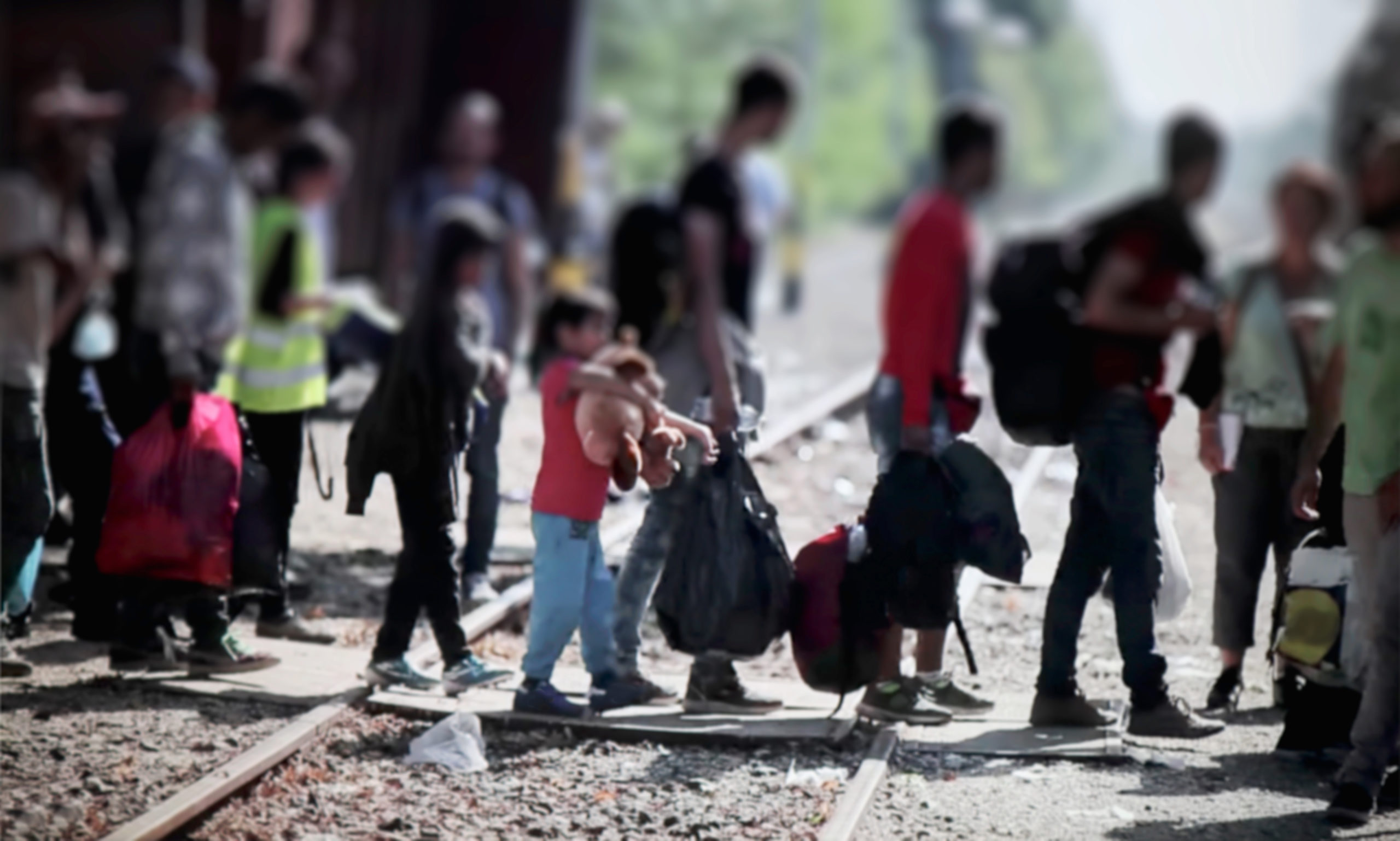
Migration is a very complex, heterogeneous and widespread experience. It involves a great number of individuals moving from their country of origin, but it particularly affects individuals and families forced to leave their countries to escape war, persecution or human rights violations. The socioeconomic conditions of these migrants, before, during, and after their journey, can have profound effects on their health. While much cooperation on migration and health takes place at the EU and international levels, the provision of healthcare services to migrants remains a function and competence of Member States; healthcare services available to different types of migrants widely differ from country to country.
In 2019, FEAM and ALLEA, the European Federation of Academies of Sciences and Humanities, started a dialogue on this issue including two joint conferences hosted by the Belgian Academies of Medicine (ARMB, KAGB, November 2019, Brussels) and by the French Academy of Medicine (Paris, January 2020). Attended by stakeholders from research, policy, and civil society, these events strove to approach the topic of migrant health from a multidisciplinary, cross-sectoral point of view and in a coordinated fashion transcending national boundaries. This places national academies of FEAM and other network academies in a critical position as they offer impartial scientific advice to policymakers for taking informed decisions.
In May 2020, this dialogue resulted in the publication of a joint statement providing 9 key recommendations to harness European Academies’ expertise to support the work of public health authorities, NGOs and universities in addressing the challenges of migration and health. They called for a wider and continuous debate to produce reliable, validated and comparable data to inform policies and combats myths surrounding migration and health. They also asked EU institutions and Member States to consider wider and easier access to healthcare services for forced migrants and an appropriate level of healthcare to irregular or undocumented migrants.
Migration and Health statement (May 2020)
Conference hosted by the Belgian Academies of Medicine (Brussels, November 2019)
Conference hosted by the French Academy of Medicine (Paris, January 2020)
FEAM cooperation with stakeholders and policymakers